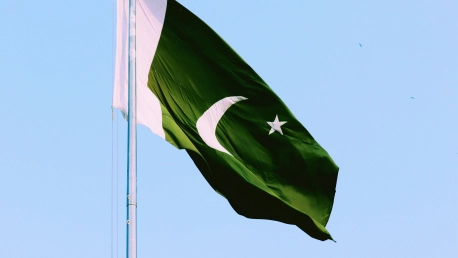In a significant move, the Pakistan Textile Council (PTC) has reached out to the government seeking intervention to enhance the competitiveness of the nation’s textile and apparel exporters. The PTC aims to spur a revival in Pakistan’s textile sector by drawing the Prime Minister’s direct attention to the crippling costs and financial challenges facing the industry. The textile sector, a key pillar of the country’s economy, faces daunting odds as it grapples with the steep costs of energy and finance, both of which are essential components to its sustenance and growth on the global stage. The PTC’s correspondence to the Prime Minister reflects not only their acknowledgment of past efforts to mitigate the industry’s concerns but also underscores the stakes involved, hence the call for the Prime Minister’s personal intervention.
The Plight of Energy Costs
The textile industry’s current predicament largely stems from the onerous energy prices that significantly impair its growth and capability to compete internationally. The PTC has proposed a twofold energy strategy: the government needs to usher in market-based energy pricing free of subsidies and establish a unified nationwide gas price. Implementing such an energy regime would ensure that the allocation of resources is directed towards the most productive users within the textile and apparel export sector. This would create a level playing field, reduce costs and, most importantly, let Pakistani exporters compete more effectively in the international market.With the cost of electricity soaring, it’s clear to the PTC that without government intervention, the industry may face dire consequences including dwindling exports and a loss of international market share. Stabilizing these costs is critical, and the council has made it clear that a uniform gas price across the nation is fundamental. Aligning energy costs with production needs doesn’t just benefit the textile sector—it has a ripple effect that could bolster the broader economy.
Financial Turmoil and Untapped Funds
Facing significant economic turbulence, the Pakistan Textile Council (PTC) underscores the vast gap between the State Bank of Pakistan’s whopping 22% Policy Rate (PR) and a Consumer Price Index of 11.8%. This monetary policy puts exporters at a disadvantage compared to global counterparts operating in favorable financial environments. The PTC insists that slashing the PR is vital to bolster the textile industry’s exports and its economic footprint.Additionally, the PTC criticizes the Finance Ministry for not adhering to the Prime Minister’s instructions regarding the distribution of the Duty Drawback of Local Taxes and Levies (DLTL). While PKR 37.7 billion is allocated for DLTL, a mere PKR 10 billion is slated for the next fiscal year. This shortfall reveals a choke point in the financial support crucial for energizing textile exporters. The PTC is urgently calling on the government to expedite the full payment of the pledged funds to aid the textile sector.









